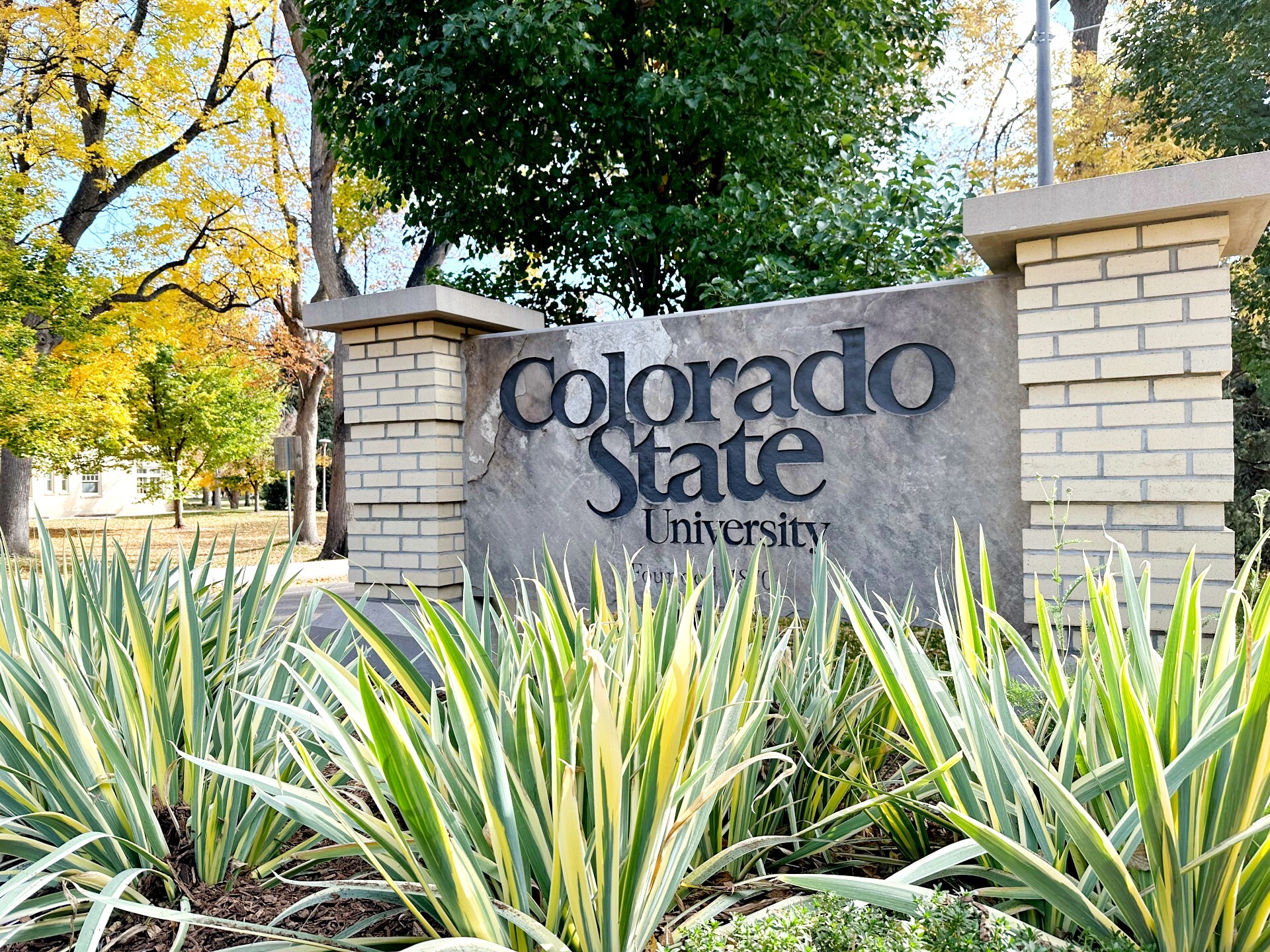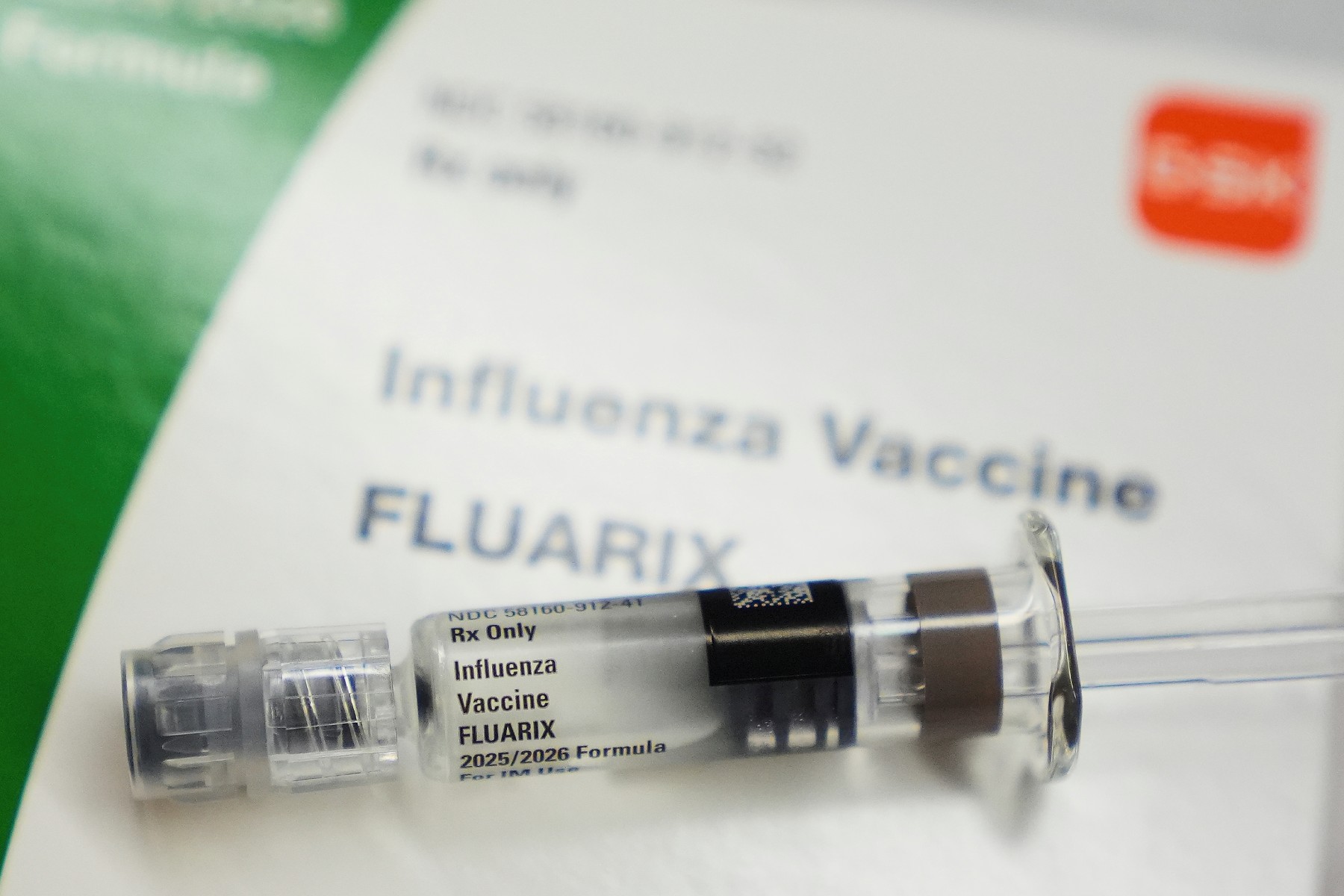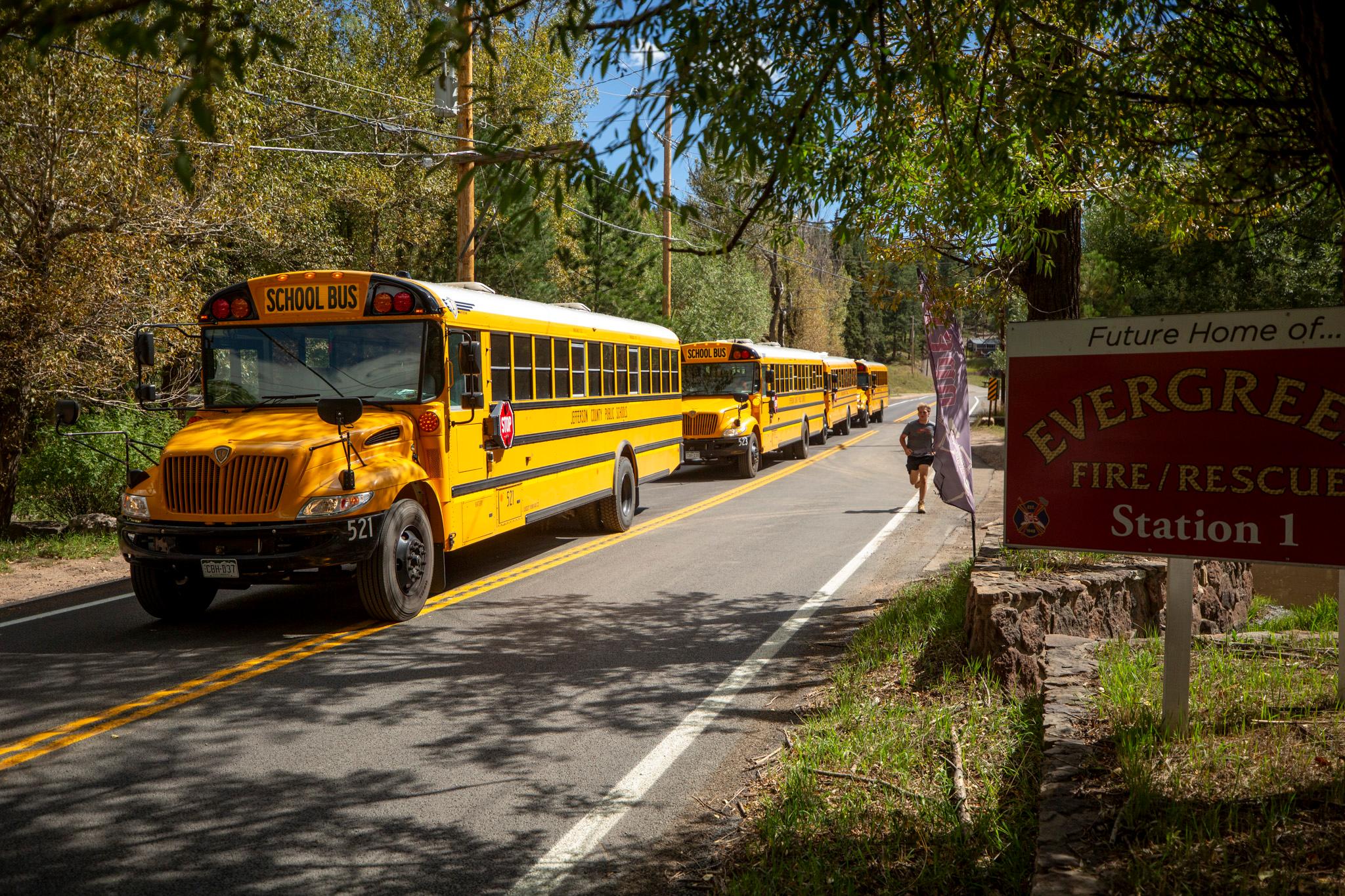
While I call Colorado home now, August 29 marked a notable milestone, one that is extra emotional for me and my family back in my hometown of New Orleans. It's the 20th anniversary of the American tragedy known as Hurricane Katrina, which remains to this day one of the deadliest and most destructive hurricanes in U.S. history.
The devastating storm struck the Gulf Coast region in 2005, leaving death and destruction in its wake across Louisiana, Alabama, Mississippi and Florida. By the time it hit landfall, much of the storm’s power had dissipated, but then the levees that were supposed to protect our beloved low-lying city of New Orleans broke, leaving thousands stranded on rooftops, in attics and in shelters without electricity, food or drink. In some areas, the floodwaters surged as high as 20 feet.
For me and my family, the close-knit historic neighborhood where I grew up was the epicenter of the disaster. I was living in Atlanta by then, but I happened to be visiting home for a planned family gathering when news came that the storm had turned and was headed our way. I always joke that I went home for my grandmother's surprise party, but we got the surprise of our lives.
We evacuated on Sunday, joining what’s known as contraflow, literally a whole city leaving all at once. That was just those of us who had the means to leave. An estimated 100,000 to 200,000 didn’t — or couldn’t — evacuate New Orleans. Many of them were relegated to sheltering in place across the city, including at the New Orleans Superdome, and what unfolded there was nothing short of a nightmare.
Even with losing everything, my family was among the fortunate ones. We had escaped with our lives, but many didn’t. In the end, more than 1,800 people died across the Gulf Coast, and more than a million people were displaced. Many never returned to their homes again.
My grandparents’ home in Pontchartrain Park, one of the oldest planned suburban African American communities in the country, was steeped in six to eight feet of water once Katrina overpowered the levees. Everybody lost everything and I do mean everything. As a journalist, I have continued to tell this story over the past two decades on behalf of the families who made my childhood in New Orleans so great: the Russells, the Browns, the Rosses, the Josephs, the Guimonts, the Barbarins, and the Baudys, to name a few.
But most of all, I have tried to do my part to keep this story alive in honor of my 80-year-old grandmother, Mildred Williams. She lived with us in Atlanta for three years after Katrina, while my uncles sorted out the mess of rebuilding. She got seriously ill the day before she was supposed to return to Pontchartrain Park to see her newly remodeled home for the first time. Ultimately, she never made it back to her house or the community that she had called home for nearly 50 years.
That still chokes me up because my grandmother, like so many others, deserved that opportunity, that closure at least. There’s a saying that time heals all wounds, but this milestone has dredged up emotions I thought I’d buried. It feels like a scab being ever so slightly lifted off an old wound.
The truth is, Katrina has left invisible scars that still persist for survivors. My entire immediate family was rendered homeless for several years. Fortunately, all of them are back in New Orleans now. It took years, but their flooded homes are rebuilt. Their neighborhoods are re-populated, not to pre-Katrina levels, but many fought the good fight to get back home. I suspect, however, that the lingering effects of the trauma and ill-treatment they endured as American citizens during, and well after the storm, still remain.
As we reflect on this 20th anniversary, I am opting not to dwell on sadness, choosing instead to focus on being grateful. Grateful for the lives spared and the grit and determination that Katrina survivors (yes, NOT refugees) from all backgrounds have demonstrated in the face of death, destruction, devastation and, yes, all out disrespect, especially those of us from New Orleans who endured widespread government failures on the local, state, and federal level.
As the reality of this anniversary sets in, many of us are shedding tears for the very real losses that we experienced; loss of homes, communities, livelihoods and, most importantly, the loss of lives. But many of us are also commemorating this milestone by dancing, wherever we are, like we're known to do in Louisiana. We are also celebrating our resilience, our rebuilding, our rebirth after a destructive storm nearly took that all away. That’s right, we’re moving forward like we've always done: “Laissez les bons temps rouler.” Let the good times roll!”
Chandra Thomas Whitfield is a New Orleans native and co-host of Colorado Matters, the daily interview-style public affairs show that airs on CPR News and KRCC.
- ‘I’m not crazy about how I got here, but I love it here’: Hurricane Katrina survivor reflects on rebuilding her life in Colorado 20 years later
- Childhood interrupted: A Hurricane Katrina survivor reflects on the tough but fulfilling transition to Colorado
- From Katrina to Colorado: Cajun restaurant owner honors the resilience of New Orleans one bowl of gumbo at a time
- ‘I had to let go and let God’: Hurricane Katrina survivor embraces life in Denver after storm’s destruction 20 years ago








